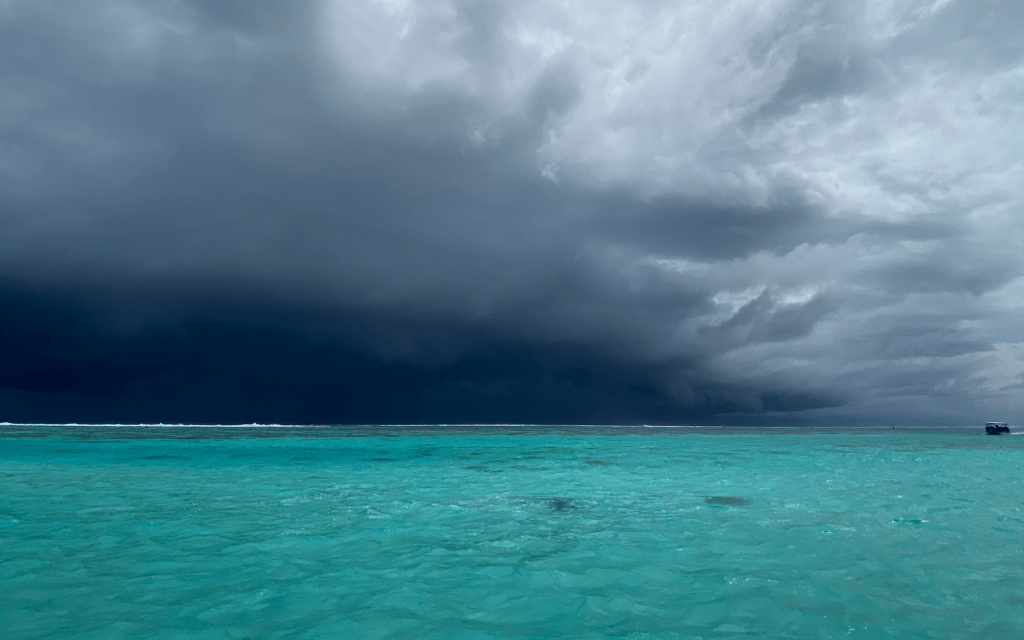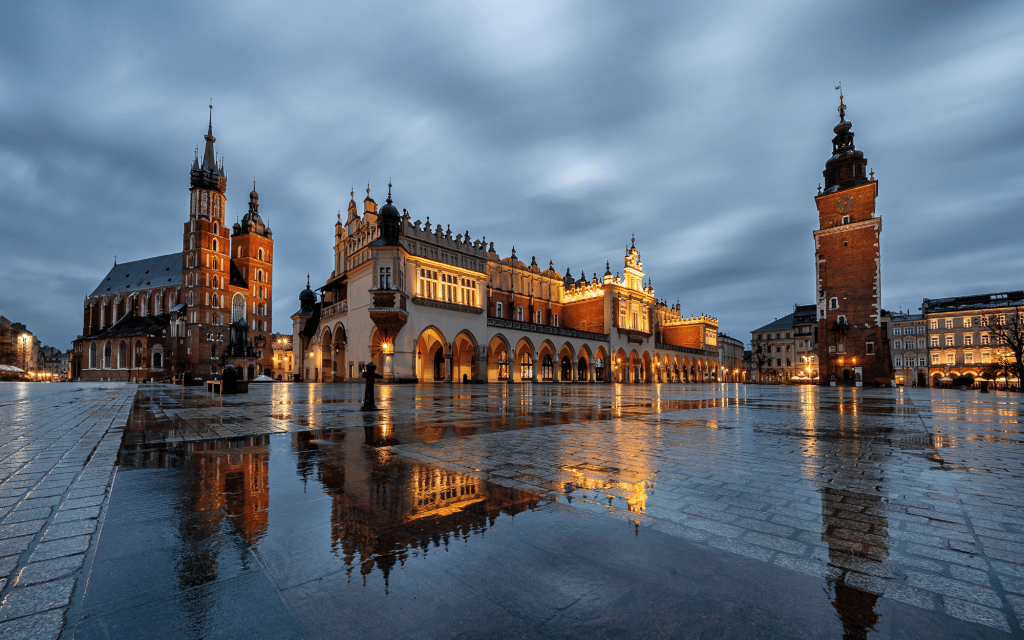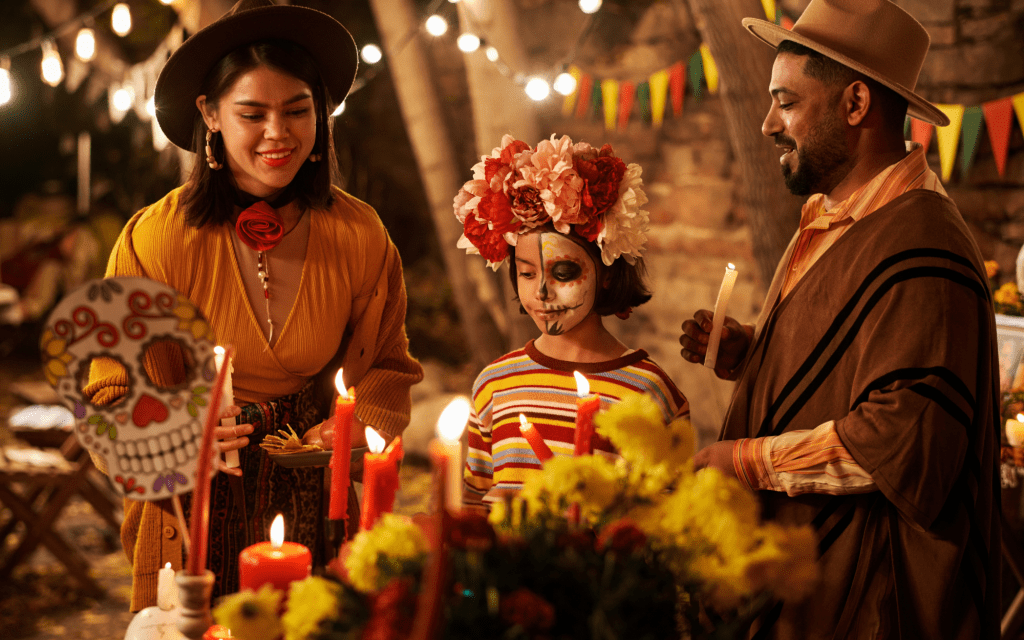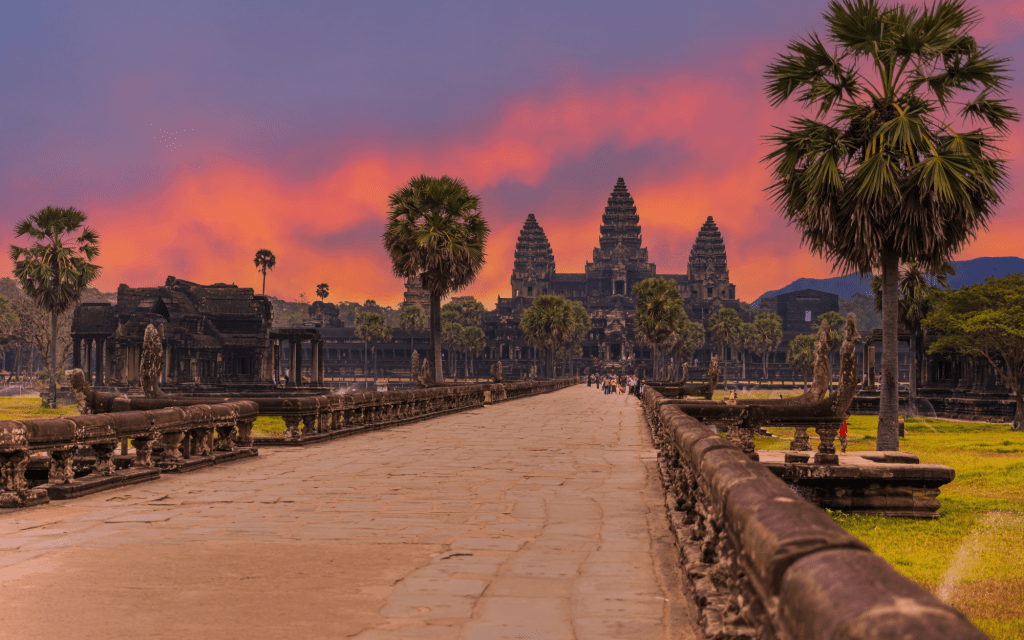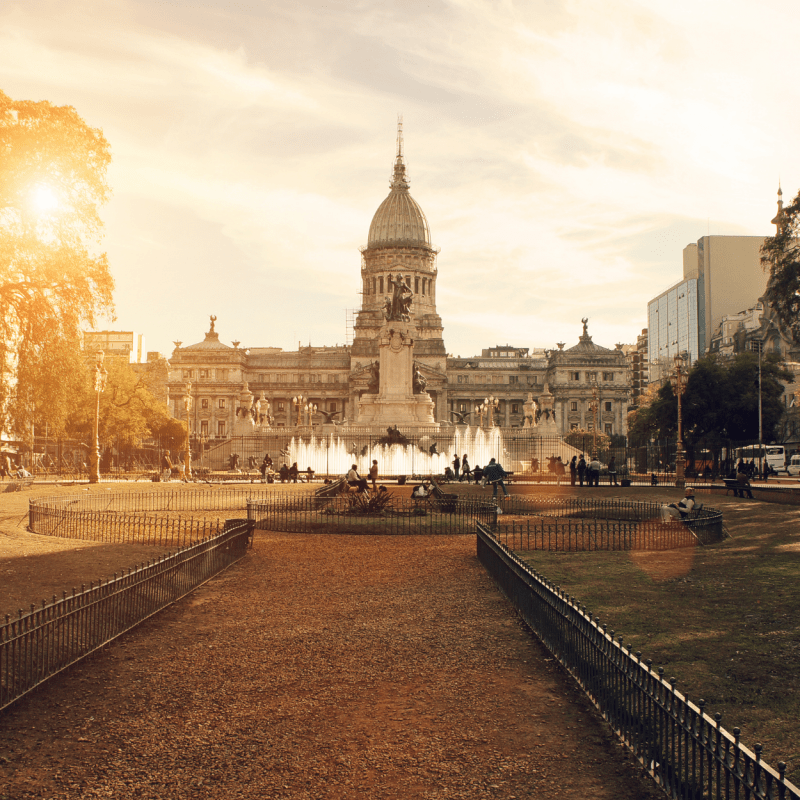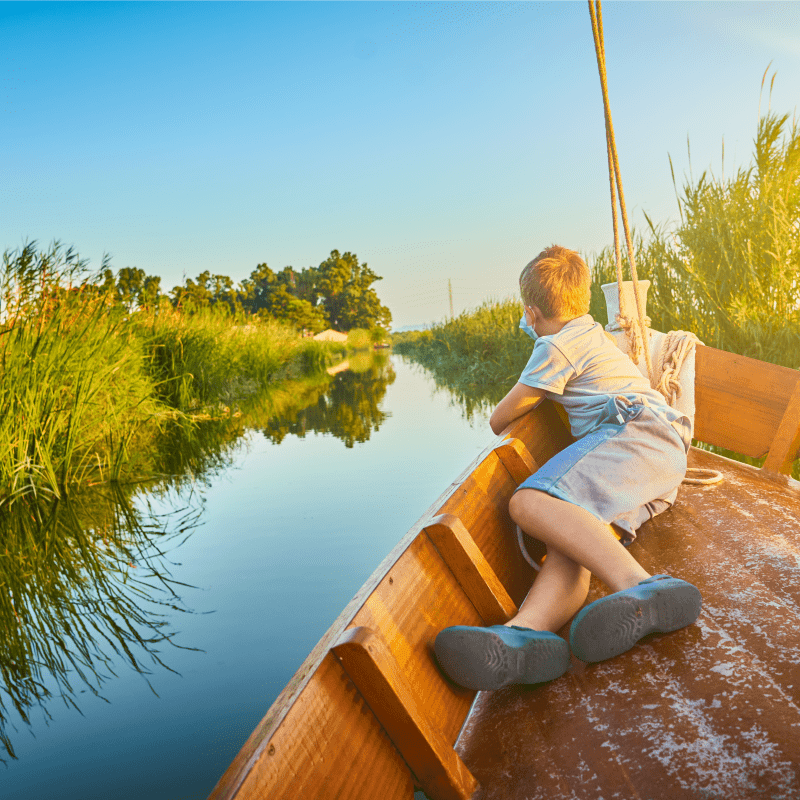The Low Season Travel Myths Busted: What’s Fact and What’s Fiction
Low season travel has a bit of an image problem. Some people think it means constant rain, closed attractions, and ghost-town vibes. Others worry they’ll miss out on the “true” experience of a place. But let’s set the record straight—off-season travel isn’t about compromising. In fact, it’s often the best way to experience a destination without crowds, sky-high prices, or rushed itineraries.
So, let’s bust some of the biggest myths about low-season travel and see what’s fact and what’s just plain fiction.
Myth #1: “Everything is closed!”
Busted: Not true—just choose wisely.
While some seasonal hotspots (think beach resorts or certain mountain lodges) may take a break, most major cities and cultural destinations operate year-round. Museums, historical sites, and iconic landmarks don’t shut just because fewer tourists are around. In fact, you’ll often have a better experience because staff aren’t overwhelmed, and you can enjoy attractions at your own pace.
✅ Real talk: Some restaurants and tour operators might have reduced hours, but you’ll also get more authentic experiences—like discovering where locals actually eat instead of tourist-trap spots.
Low Season Travel Tip: Research in advance! Check official websites for opening times and look for locally run businesses that thrive year-round.
Myth #2: “The weather is awful.”
Busted: Not always—sometimes, it’s even better!
Yes, “low season” often coincides with rainy or cooler months, but that doesn’t mean non-stop storms or unbearable conditions. Many destinations experience mild low-season weather—think warm winter days in southern Spain or cool but pleasant city breaks in Japan.
✅ Real talk: Some weather patterns are actually ideal for certain experiences. Monsoon season in Southeast Asia means lush green landscapes and dramatic skies. Winter in Iceland brings fewer tourists and a higher chance of seeing the Northern Lights. Shoulder seasons often mean moderate temperatures without the summer scorch.
Low Season Travel Tip: Look up seasonal weather trends instead of just trusting the generic “rainy season” label. A little drizzle? No big deal. A full-blown typhoon? That’s when you rethink your plans!
Myth #3: “There’s nothing to do.”
Busted: Actually, this is when some of the best experiences happen!
Low season often means local festivals, unique cultural events, and a chance to connect with residents in a way that’s impossible in peak tourist months.
✅ Real talk: Ever tried celebrating Día de los Muertos in Mexico (November)? What about experiencing Japan’s snowy onsen towns in January or truffle hunting in Italy in autumn? These experiences are only possible in the low season.
Low Season Travel Tip: Research local events and seasonal activities before you go. Many destinations actually come alive during their low season in ways you’d never expect.
Myth #4: “Flights and hotels are always cheaper.”
Partly true—but not a guarantee!
It’s true that travelling off-peak usually means cheaper flights and accommodation, but there are exceptions.
✅ Real talk: Prices can still spike during school holidays, local festivals, or major sporting events (try booking Rio during Carnival or Munich during Oktoberfest—low season or not, prices will be sky-high). And sometimes, certain remote areas with limited flights don’t drop their airfare much because demand is still steady.
Low Season Travel Tip: Be flexible! Flying midweek, booking last-minute deals, and checking alternative airports can help you score huge savings.
Final Verdict: Is Low Season Travel Worth It?
100% yes! While it’s true that some destinations have seasonal quirks (and yes, you should check the weather before booking that jungle trek in monsoon season), the rewards are huge. Fewer crowds, lower prices, and a more immersive experience make off-peak travel an absolute win.
So, next time someone tells you low season travel is a bad idea, send them this article—and then go book that off-season adventure! 🚀

